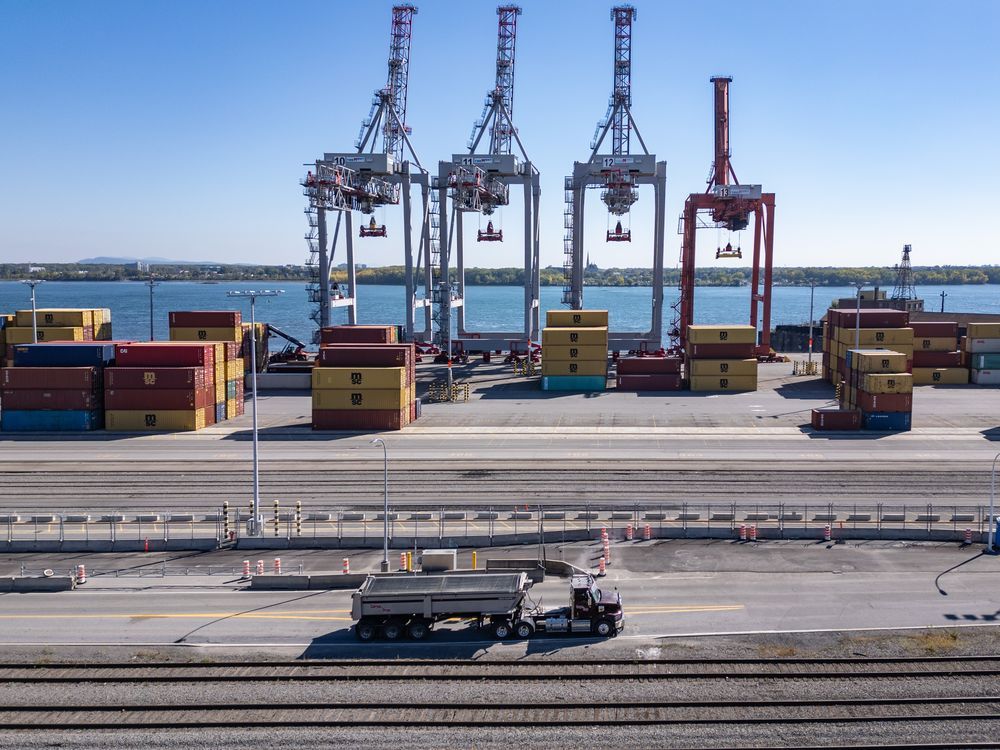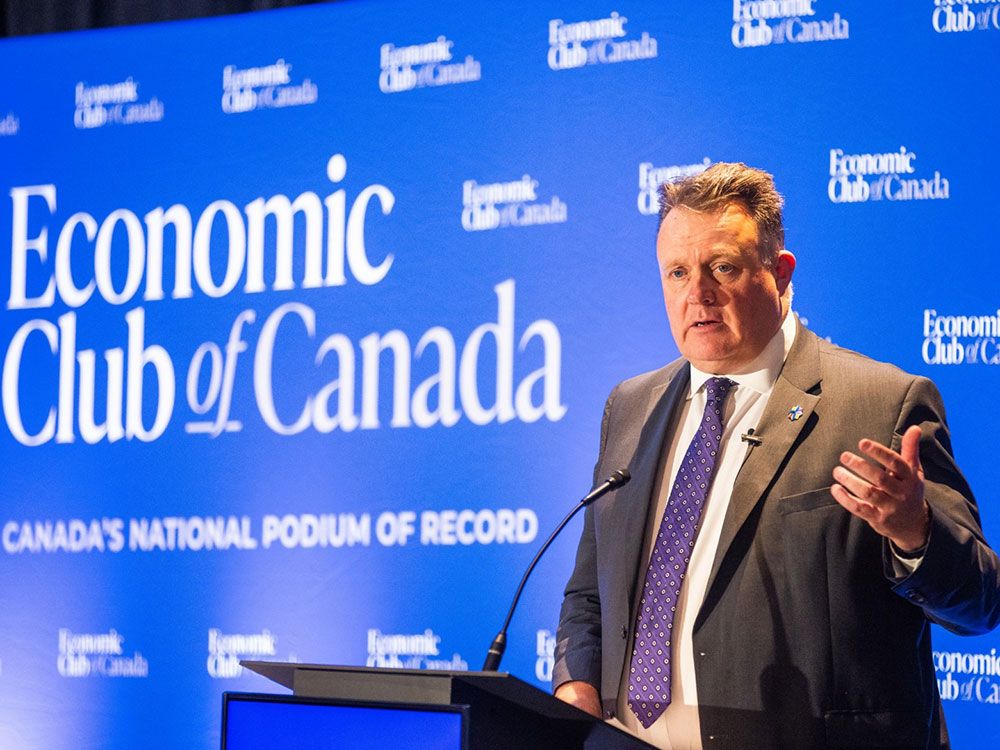Opinion: Net-zero will be net-painful

How is working towards a complete system change that will lower our standard of living ‘Building Back Better’?

Article content
When asked why he called the election, Justin Trudeau said, “The decisions your government makes right now will define the future your kids and grandkids grow up in… Canadians need to choose how we finish the fight against COVID-19 and build back better.” He’s right. The result of this election will decide whether Canada continues to be a free and prosperous country or something else. Vaccine passports are the current focus of campaign debate about our freedom and way of life but there is a longer-term, less obvious, even more important threat to our values and principles: the commitment to a net-zero transition by 2050.
Advertisement
Story continues below
This advertisement has not loaded yet, but your article continues below.
Article content
Conceptually, there are two ways to get to net-zero. As the government website puts it: “Achieving net-zero emissions means our economy either emits no greenhouse gas emissions or offsets its emissions …” Most people, if they’re even thinking about it, believe it’s the latter: emissions are cancelled out by carbon sinks or carbon capture or extracting carbon dioxide directly from the atmosphere. The vision is one of gradually phasing out hydrocarbons and replacing them with (albeit less reliable) renewable energy so that very little changes in how we live: we can keep our cars, for instance; they’ll just be electric, like everything else, including home heating. Our energy consumption will be at similar or slightly reduced levels but more expensive. That technical and material obstacles to engineering this transition are ignored or downplayed hasn’t prevented this pathway from being marketed to the public for some time.
Advertisement
Story continues below
This advertisement has not loaded yet, but your article continues below.
Article content
The other pathway is not net-zero but what might be called just-plain-zero emissions from human activity. As the government’s Canadian Net-Zero Advisory Body says in a recent report: “A net-zero future will require structural changes and shifts to social, economic, and behavioural norms.” It recommends carbon budgets to help motivate Canadians to reach government-specified net-zero targets. Significant “degrowth” or “deep decarbonization” that would shrink both production and consumption, not just of hydrocarbons but of everything in our current lifestyle, seems to be the goal. The Advisory Body makes no mention at all of nuclear power, the most obvious carbon-neutral energy source. It does say it’s listening to “experts,” particularly ones specializing in motivation and behaviour change.
Advertisement
Story continues below
This advertisement has not loaded yet, but your article continues below.
Article content
What do the “experts” say? There are many studies about the lifestyle changes necessary for people to live a life of “sufficiency” in developed countries, whose affluence supposedly is the problem causing climate change. Some of these changes include reducing our energy use by 90 per cent, getting used to lights or heat not coming on when needed, living in much smaller spaces, not owning a vehicle but travelling by foot, bike or ride-sharing, and living on a plant-based diet. It is euphemistically called, “social provisioning” and “decent living” — though decent according to whose standards?
Advertisement
Story continues below
This advertisement has not loaded yet, but your article continues below.
Article content
One researcher calls for an honest conversation about net-zero because “A certain degree of eco-dictatorship will be necessary… if we really want to achieve climate neutrality.” Some suggest the key to net-zero is making the “pandemic lifestyle” permanent. Others, like economist Marianna Mazzucato, warn that if people don’t voluntarily make drastic lifestyle changes a “climate lockdown” might be necessary. She is now advising British Columbia’s recovery plan.
A group recently argued in Nature Sustainability that the time is right for personal carbon allowances that can be piggy-backed onto acceptance of a vaccine passport. Most activists promise a smooth energy transition with few lifestyle changes, but there are those actively working to disrupt our current system or create a sudden collapse, such as researchers at the newly-formed Cascade Institute.Their stated intent is to facilitate an entire system change based in large part on the principles described above. Is this what most Canadians have in mind when they think of a net-zero transition?
Advertisement
Story continues below
This advertisement has not loaded yet, but your article continues below.
Article content
How is working towards a complete system change that will lower our standard of living “Building Back Better”? Canadians have a chance in this election to alter this trajectory. We can make it known at the ballot box that we don’t want our standard of living to diminish, we want to keep our current reliable and affordable energy, and we don’t want every action graded and tracked through carbon allowances. Whether Canadians realize it or not, this election is about system change. Our choice will determine if we remain free and prosperous or monitored and impoverished.
Tammy Nemeth is an historian.
Advertisement
Story continues below
This advertisement has not loaded yet, but your article continues below.








